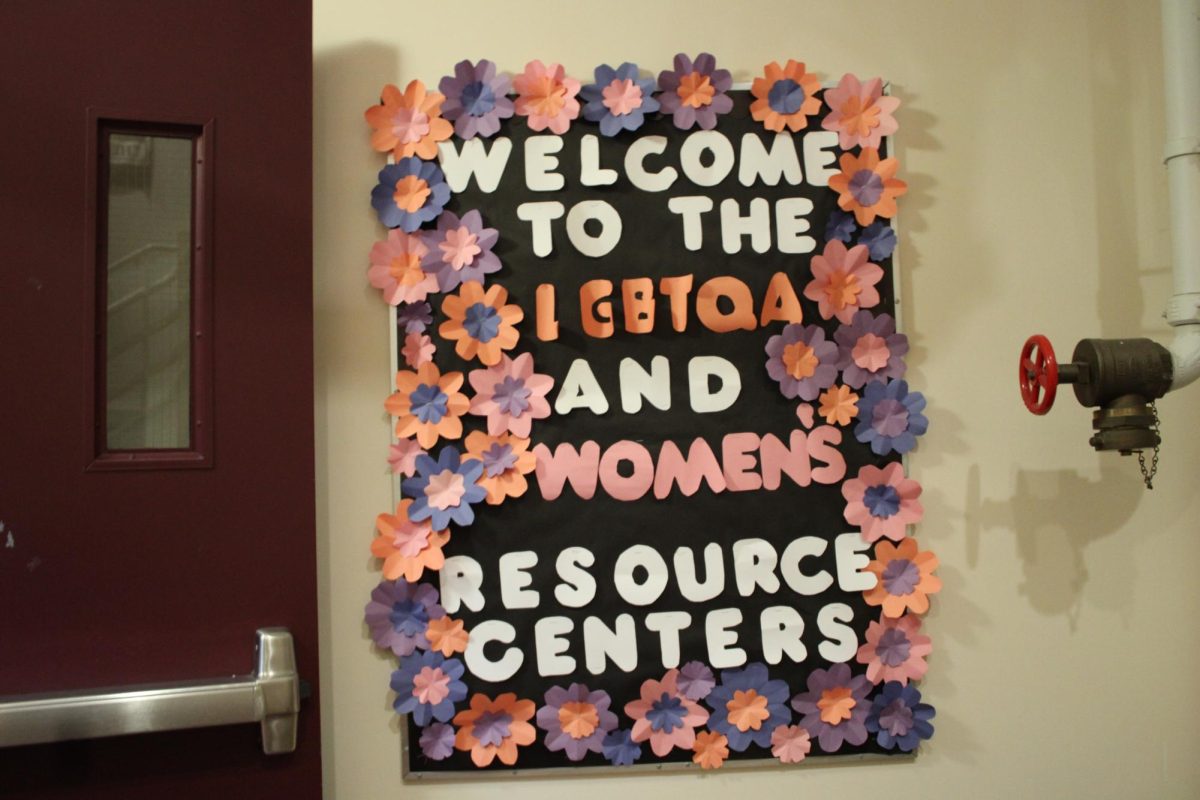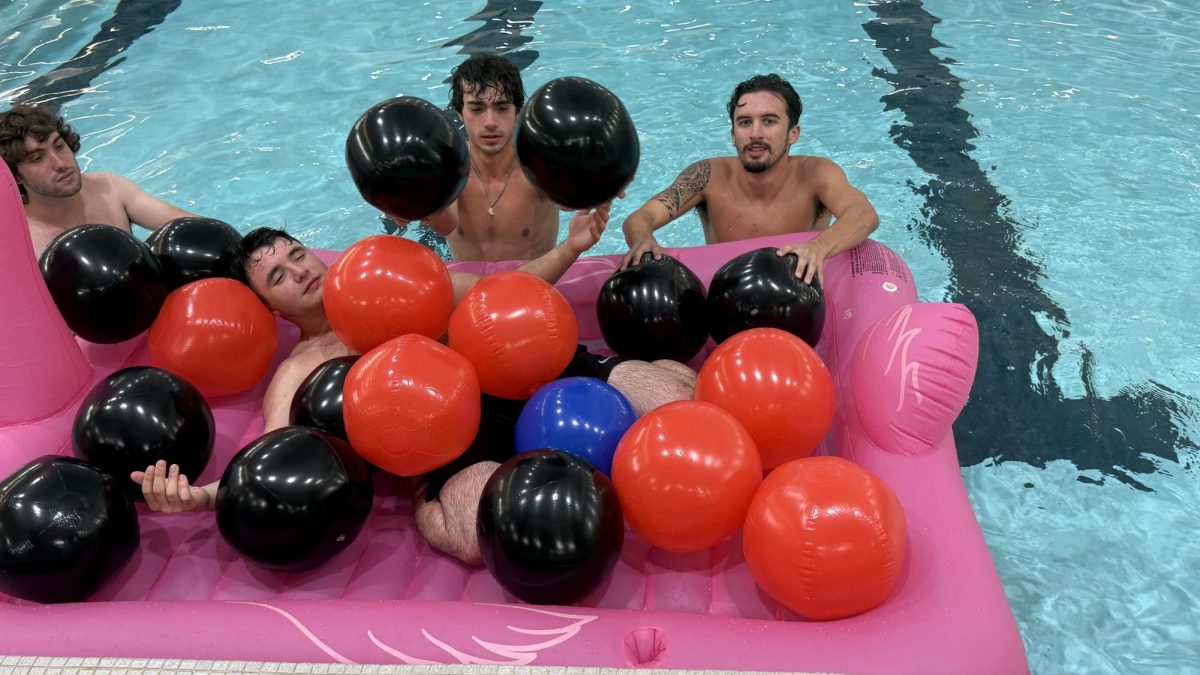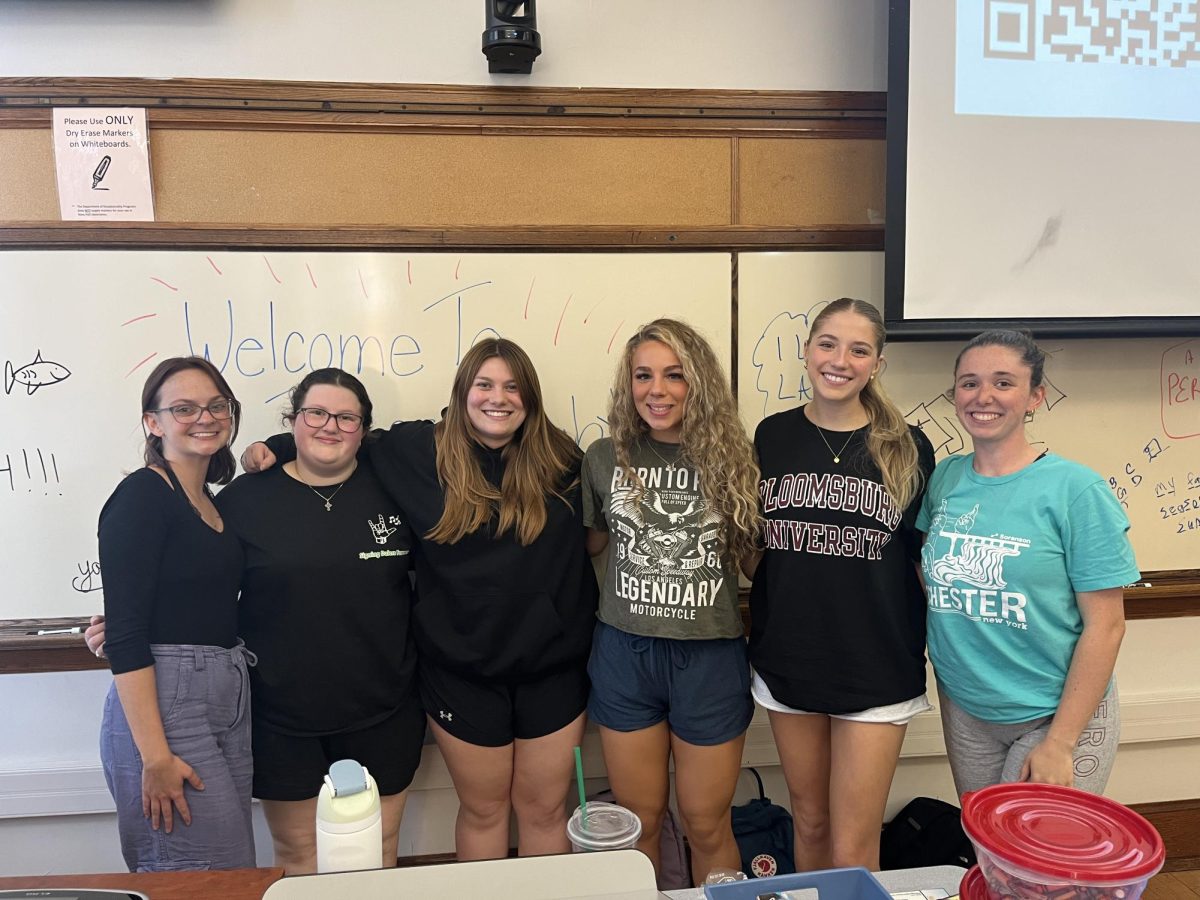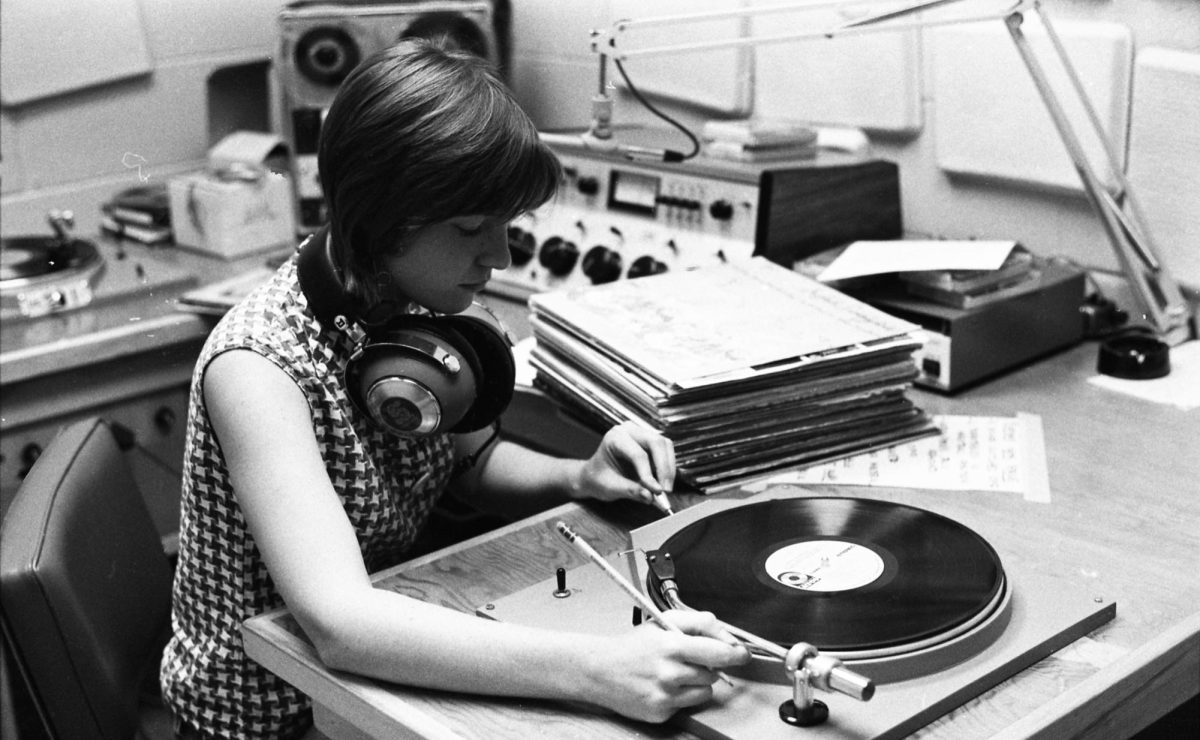‘Green-to-Go’
An overview of BloomU’s environmental efforts
October 24, 2019
BU recently launched its “green-to-go” container program. The program is intended to reduce the consumption of single-use plastic items, as products created for convenience have proved to be costly in terms of pollution.
According to Campus Dining Marketing Coordinator Alexandra Woytko, “the program started in the spring 2019 semester; we currently have 100 members in the container club.”
In many ways, university contributions to environmental harm stem from dining services on campus. Food items are ordered and unpackaged in large quantities, which creates excessive amounts of recyclable material.
BU has been successful at combating these issues via a recent collaboration with Bloomsburg Recycling Center, implementing a duel-stream recyclable collection system.
“We recycle all of our aluminum, cardboard, glass, and plastic. Last year we
recycled over 50 tons of material between the fall 2018 and spring 2019 semesters,” Woytko stated.
As Dr. John Bodenman, a Bloomsburg professor of Environmental Geographical and Geological Sciences explained, universities consume energy in large amounts.
It is difficult to incentivize students living on campus to be mindful of the amount of energy they use. Unlike students living off campus, they are not charged for the number of electrical kilowatts used. Instead, Bodenman expressed that the focus should be on clean energy.
Concerns surrounding high energy use and pollution primarily deal with atmospheric consequences. In the past, Bloomsburg University was powered by coal, a process that causes pollution and lowers air quality.
“A big change that we made was switching from coal fire drillers to biomass energy, so now we’re consuming wood chips instead of coal,” said Bodenman.
Biomass energy, Bodenman explained, is a viable option not only due to its environmental benefits but also because the fuel source (wood chips) are extremely accessible in a place like rural Pennsylvania.
“The use of coal on campus is one of those things we have moved away from; I’m really proud of the university for taking that step,” said Bodenman.






















